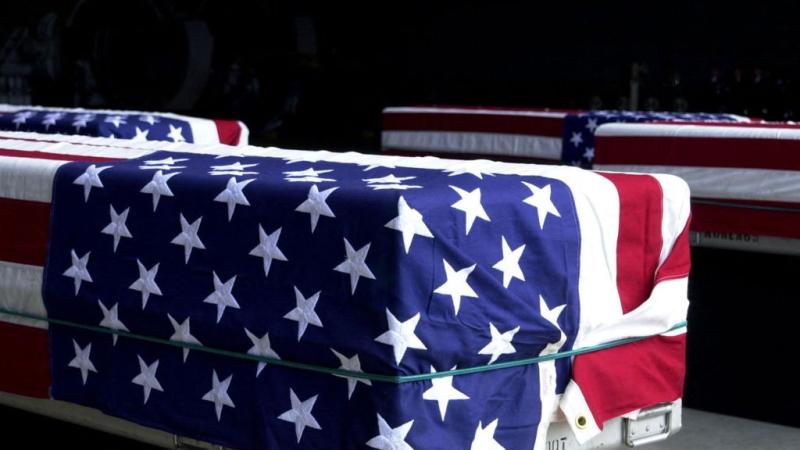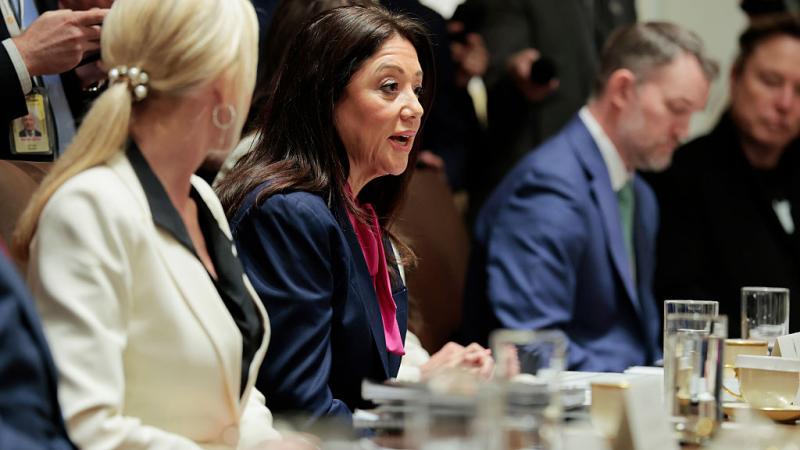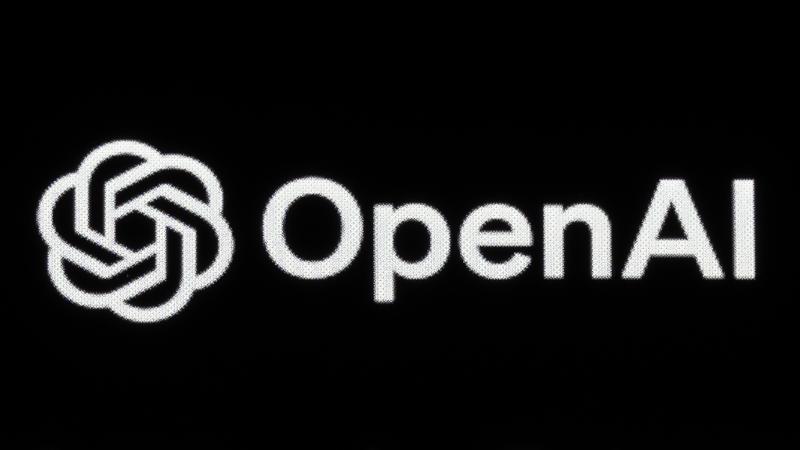Trump to threaten veto of House Dems' funding bill for what White House calls soft-on-China stance
The veto threat is part of a broader administration-wide effort to treat China as an adversarial great power in competition with the United States, rather than a developing country needing foreign aid and assistance.
President Trump is expected to issue a threat of veto for a proposed House Democratic spending bill that the White House thinks is too soft on China – citing in part a provision requiring the U.S. to send Peace Corps volunteers back to China, senior administration officials told Just the News.
Trump is expected to make the veto threat Thursday through a Statement of Administrative Policy by the Office of Management and Budget.
The veto threat is part of a broader, administration-wide effort to treat China as an adversarial great power in competition with the United States, rather than a developing country needing foreign aid and assistance.
Senior White House officials said the shift in viewpoint better aligns the United States with the reality of global power competition.
The proposed spending bill by the Democrat-controlled House is part of the routine appropriations process, separate from the Phase 4 coronavirus relief stimulus talks.
The U.S. announced in mid January – prior to the widespread onslaught of the COVID-19 pandemic – that it would withdraw U.S. Peace Corp volunteers from China.
“Today’s decision by the Peace Corps to withdraw its volunteers from China confirms what we all know — China is no longer a developing country. For too long, Beijing has fooled organizations such as the World Bank and the World Trade Organization into believing otherwise so it could exploit our global institutions," Sen. Marco Rubio (R-Fla.) said in a statement immediately after that announcement. "It is time for these organizations, both U.S. and multilateral, to change the way they deal with China.”
The proposed bill is slated to be considered as early as Thursday in the House. The measure is likely to include a provision to restore U.S. funding for the World Health Organization, to which the Trump administration will cut funding, amid concerns about it close ties to China and its handling of the coronavirus in its early stages.
Trump has repeatedly said that the WHO did not act with sufficient urgency to contain the virus and that the global health organization was insufficiently independent against Chinese claims about COVID-19.
In addition to China issues, the House bill would likely include additional measures the White House finds objectionable, including overturning welfare reforms requiring able-bodied adults to work if they receive government assistance.
Another policy the administration rejected was removing the so-called "Mexico City Policy" known as the “Protecting Life in Global Health Assistance" that bans U.S. funds to support abortion in the developing world.
The administration also disagreed with the spending proposal's provision to defund building sections of the U.S.-Mexioc border wall, including money previously approved in bipartisan fashion.
House Democratic leadership did not respond to request for comment from Just the News.
Disagreements over congressional spending bills is routine.
As Drew DeSilver at Pew Research notes, "Far from being a new symptom of present-day Washington dysfunction, Congress’ chronic inability to follow its own appropriations process goes back decades. In fact, in the four decades since the current system for budgeting and spending tax dollars has been in effect, Congress has managed to pass all its required appropriations measures on time only four times: in fiscal 1977 (the first full fiscal year under the current system), 1989, 1995 and 1997."














